If your heating keeps cutting out, making strange noises, or the bills are soaring, it’s probably time to think about a new boiler. You don’t need to wait for a full breakdown – spotting the signs early can save you money and avoid a cold night.
Age is the biggest factor. Most boilers last 10‑15 years. After that the efficiency drops and parts start failing more often. Look for these red flags:
If you notice two or more of these, start budgeting for a replacement. It’s cheaper in the long run to install a modern, high‑efficiency boiler than to keep patching an old one.
Not every boiler fits every home. First, check your property’s heating demand – a small flat needs a different size than a three‑bedroom house. Talk to a qualified installer who can do a heat loss calculation.
Next, decide on the fuel type. Most UK homes use gas, but electric and oil options exist for those without a gas supply. Condensing gas boilers are the most common because they recycle heat from exhaust gases, giving you up to 90% efficiency.
Look for the Energy‑Star rating or the EU energy label. A A‑rated boiler will cut your heating bill by up to 30% compared to an older model. While the upfront cost is higher, the savings usually pay off in 3‑5 years.
Don’t forget about smart controls. Many new boilers work with thermostats that learn your schedule, so you get comfort without constantly adjusting the dial.
Finally, check the warranty. Reputable brands offer 5‑year parts coverage and a 2‑year labor guarantee. A solid warranty means peace of mind if something goes wrong shortly after installation.
Once you’ve picked a model, the installer will handle the removal of the old unit, safe disposal, and fitting the new one. The whole job typically takes a half‑day, but you should plan for a few hours of no heating.
Bottom line: watch for age, leaks, and rising bills, then choose a boiler that matches your home’s size, fuel type, and efficiency goals. With the right info you’ll stay warm, save money, and avoid the stress of a broken boiler in the middle of winter.
Posted by
Orin Trask
0 Comments
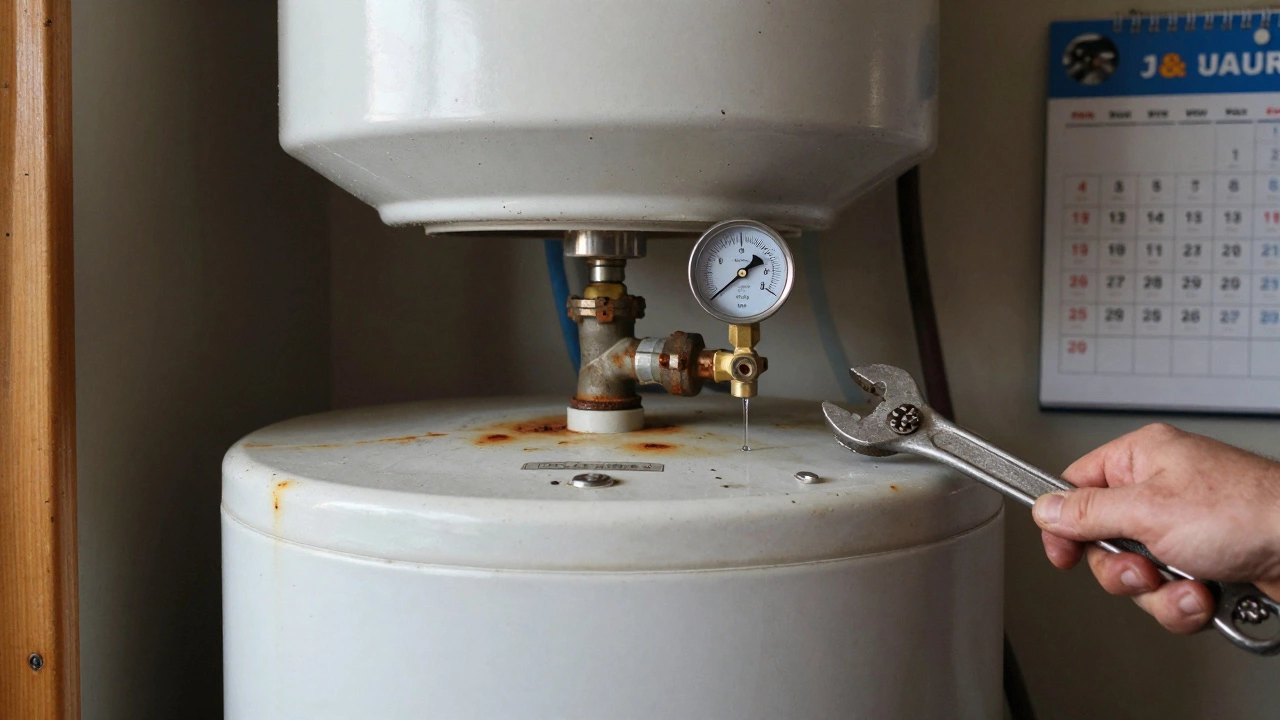
Most boilers last 10-15 years, but neglect can shorten that drastically. Learn the real signs your boiler is failing, when repairs make sense, and how to extend its life with simple maintenance.
read morePosted by
Orin Trask
0 Comments
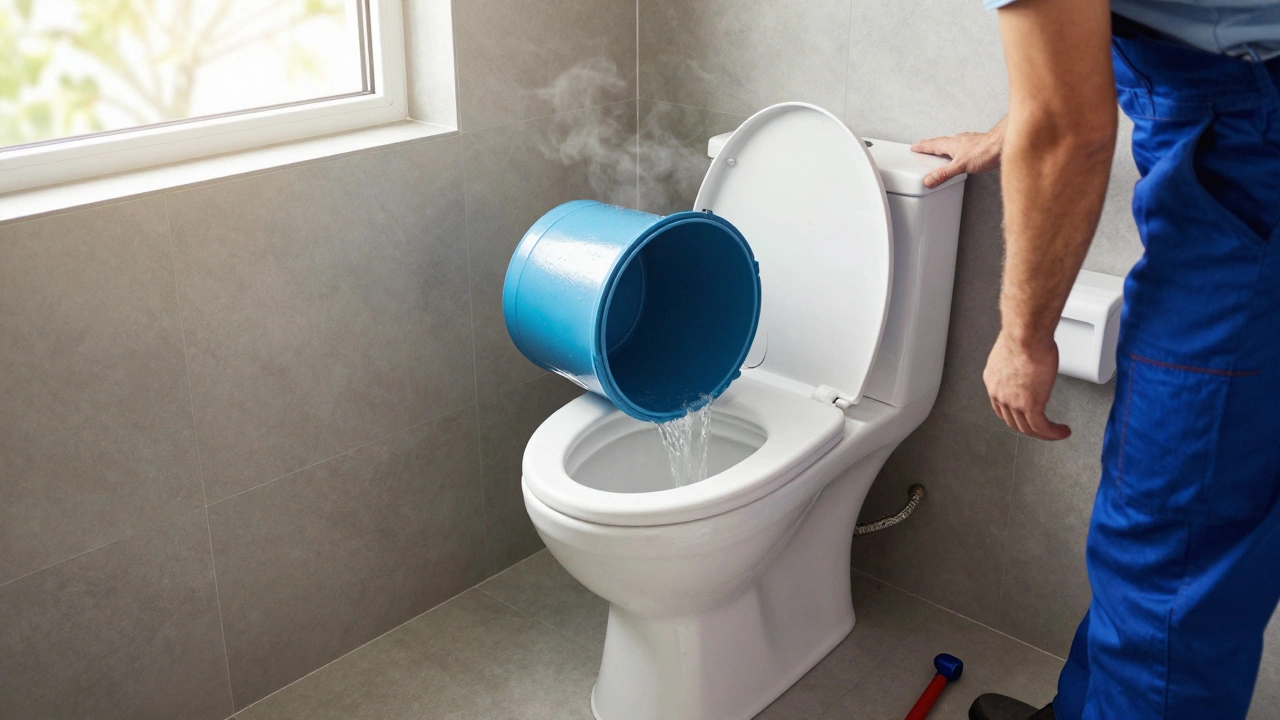
You can usually still use the toilet when replacing a boiler, since it runs on cold water, not the boiler. But if the plumber shuts off the main water, you'll need to flush manually. Prepare ahead to avoid hassle.
read morePosted by
Orin Trask
0 Comments
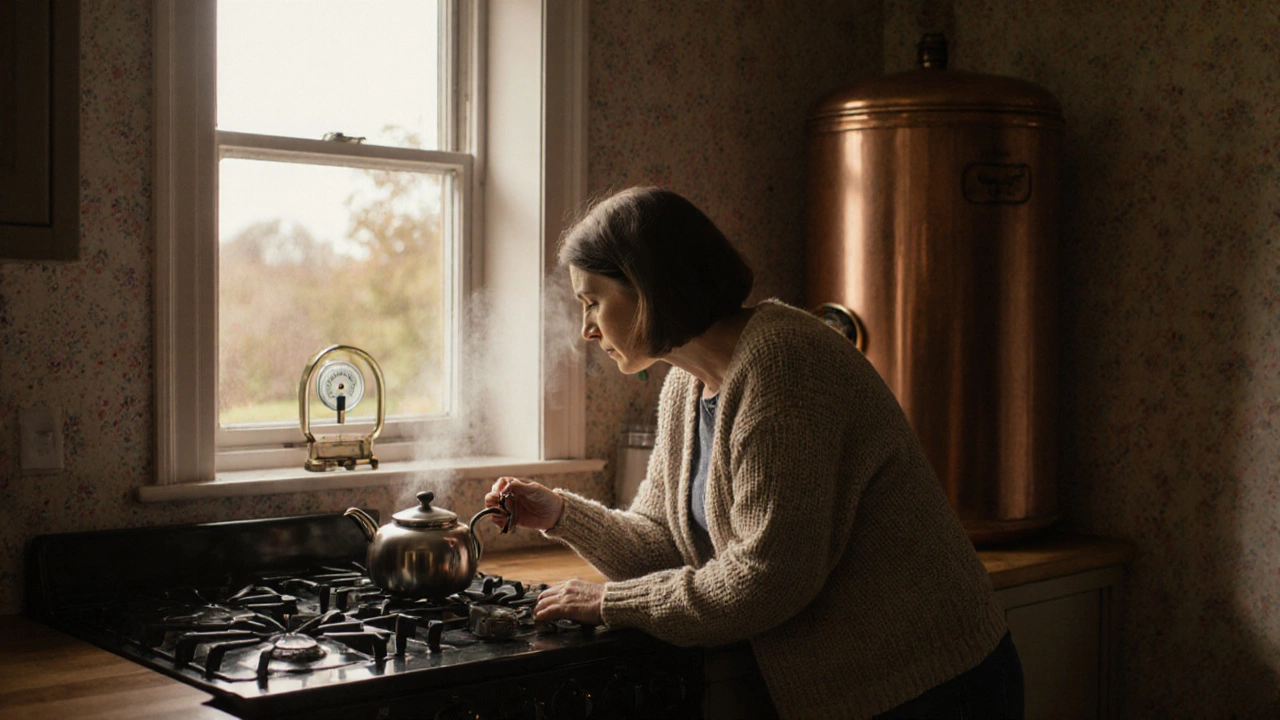
Discover how long boilers typically last, the factors that affect their longevity, maintenance tricks to extend life, and when to replace them.
read morePosted by
Orin Trask
0 Comments
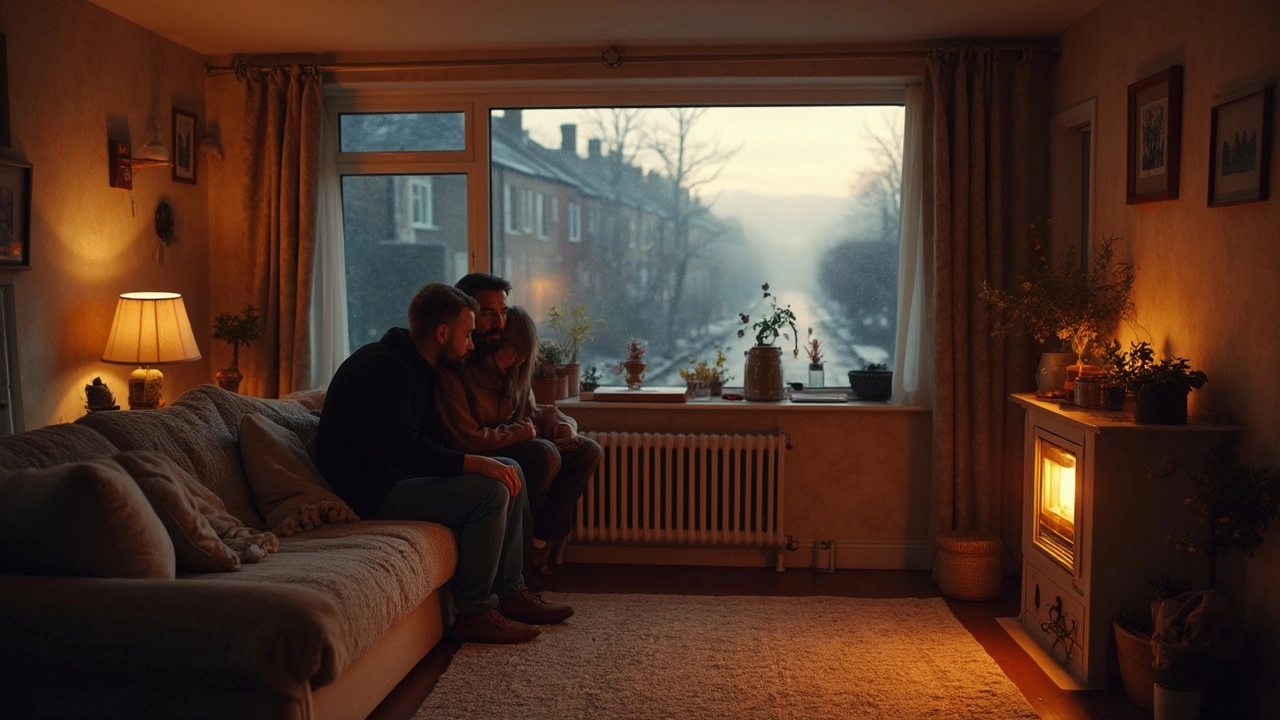
Not sure how long your boiler should last? This article breaks down the typical lifespan of boilers, what affects their durability, and how to spot when yours is on its last legs. You'll pick up real tips for keeping your boiler running longer and get advice about replacement versus repair. Know the signs that spell trouble and avoid those winter breakdowns. Get straight facts so you can make smart decisions and avoid blowing your budget.
read morePosted by
Orin Trask
0 Comments
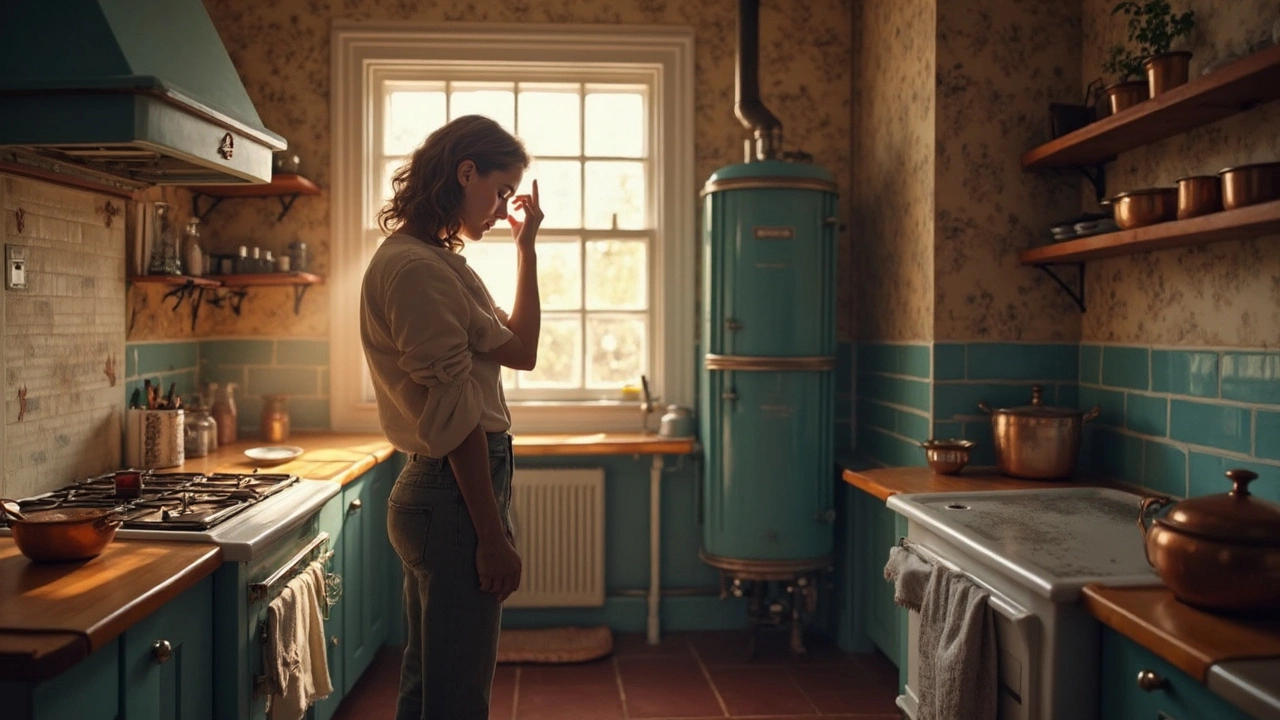
Replacing a boiler can burn a hole in your pocket, often leaving homeowners scratching their heads. Dive into the hidden costs and factors driving prices up, from labor to the intricacies of installation. Learn the tricks to smart shopping and ways to avoid wasting money. Explore alternatives to replacement that could save you both time and cash.
read morePosted by
Orin Trask
0 Comments

As your boiler reaches the ripe age of fifteen, you might begin to question its efficiency and reliability. Over the years, technological advancements have introduced more energy-efficient models that could save on heating bills. Weighing the pros and cons of replacing an old boiler involves considering factors like repair costs, energy savings, and potential government incentives. This article will guide you through making an informed decision about whether to repair or replace your aging boiler.
read more